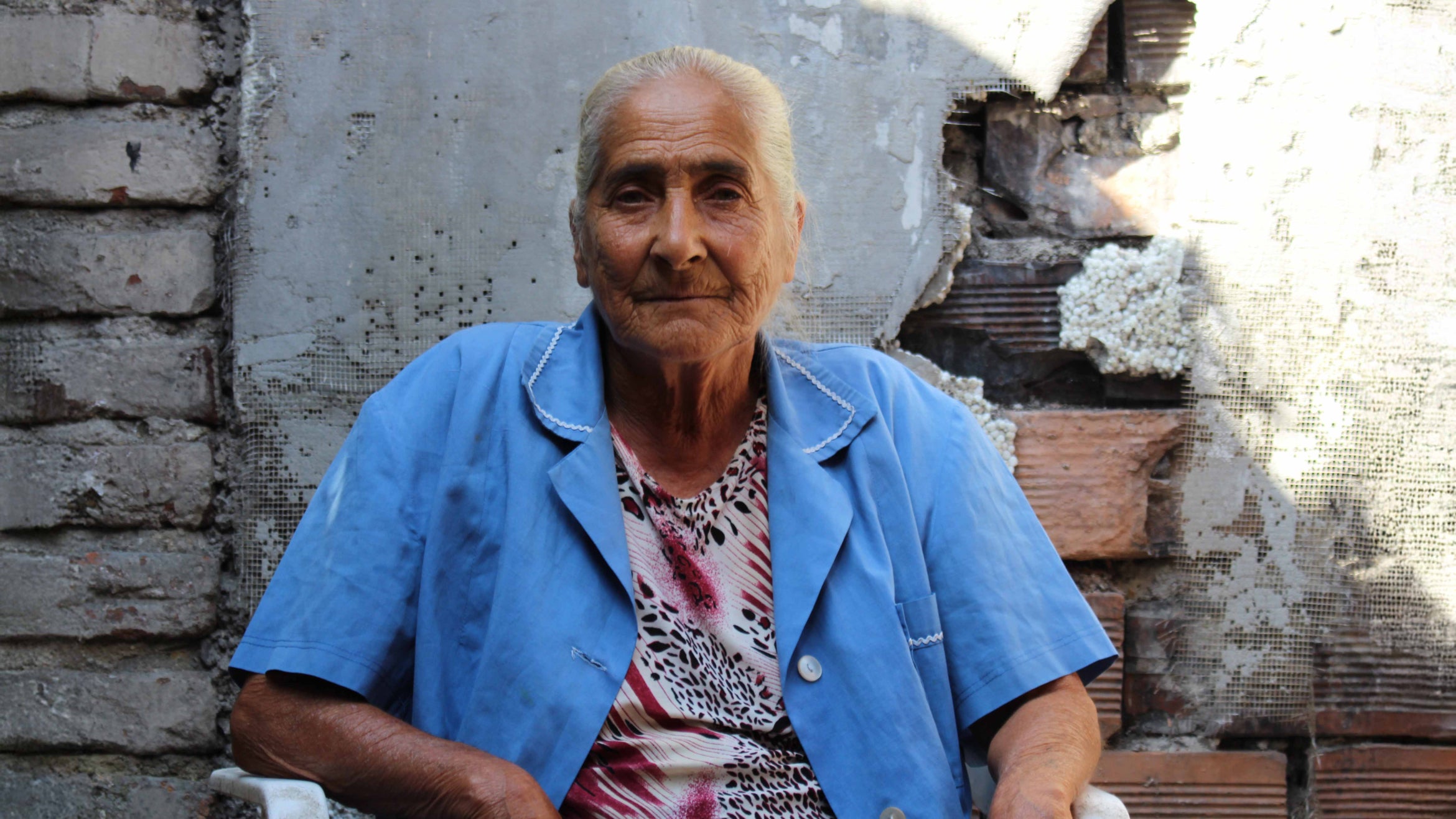
They are among California's highest achievers. High school graduates –– in many cases their class valedictorians –– community volunteers and now university students. They are hardworking seekers of their own version of the American Dream.
They are also undocumented –– or "out of status" –– a circumstance that every single day threatens their very presence in the United States.
A panel discussion at UC Santa Barbara on Tuesday, Oct. 15, will feature John Park, professor of Asian American studies at UCSB, and Mary Romero, professor of justice and social inquiry at Arizona State University. They will consider various moments in American history to provide a broader context for understanding the conditions of students who have been living "out of status" in the U.S.
The discussion, "Immigrant Activism –– In The Shadow of the Law," will begin at 6:30 p.m. in the campus's Visitors Center. It is free and open to the public.
Much of the conversation will stem from Park's recently published book, "Illegal Migrations and the Huckleberry Finn Problem" (Temple University Press, 2013). A specialist in immigration law and policy, Park is also associate director of the UC Center for New Racial Studies, a multicampus research initiative located at UCSB.
Park and Romero will highlight the experiences of fugitive slaves and of their sons and daughters as they attended American colleges and universities in the North in the decades before the Civil War; the hardships faced by students of Japanese ancestry who lived in the U.S. during World War II; and the challenges confronting undocumented students today in institutions of higher education such as UCSB.
"Many people have been ‘out of status' throughout American history," said Park, "and this event highlights how status-based discriminations were a common part of American history, and also how Americans who've had legal status have behaved in a variety of ways when faced with unlawful others."
The event is free, and copies of Park's books will be available for purchase, with proceeds benefiting a scholarship fund established by UCSB's Dream Scholars Resource Team. The team is a collaboration of UCSB staff and faculty members from
across campus who have come together to address the needs of undocumented students who fall within the parameters of California Assembly Bill 540 and of the California DREAM (Development, Relief, and Education for Alien Minors) Act of 2011.
AB 540 allows nonresident students to pay in-state fees to attend the state's public institutions of higher education, while the DREAM Act allows undocumented children who meet AB 540 criteria –– three years completed at a California high school, graduation from a California high school and enrollment in a California public college or university –– to request state and university aid.
Departments represented on the Dream Scholars Resource Team include, among others, the Office of the Registrar, the Office of Financial Aid, Housing & Residential Services and Campus Learning Assistance Services (CLAS). Faculty members on the team represent academic departments such as psychology, Asian American Studies, Chicana and Chicano Studies and Black Studies. Together, they take a holistic approach to assisting the students, addressing issues related to health and wellness, stress –– personal, financial, family, academic, immigration –– stepping in and out of school and developing support networks. They offer guidance as the students navigate the rigors of a research-level university.
"They're under a tremendous amount of pressure," said Cuca Acosta, assistant director for high school services in UCSB's Office of Admissions and co-chair of the Dream Scholars Resource Team. "Every day they're at UCSB they go to class and study hard, but at the same time, they know that a situation can arise anytime where a police officer asks to see their ID, and that could trigger them being deported to a country they don't even remember."
According to Acosta, Dream Scholar students will also participate in the panel discussion, sharing their stories and experiences. "It's helpful because it allows you to put a face and a story behind a cause," she said. "When you meet these students and listen to them, you learn about their desire to contribute to society in a lot of different ways, and you realize how amazing they are."
Related Links



